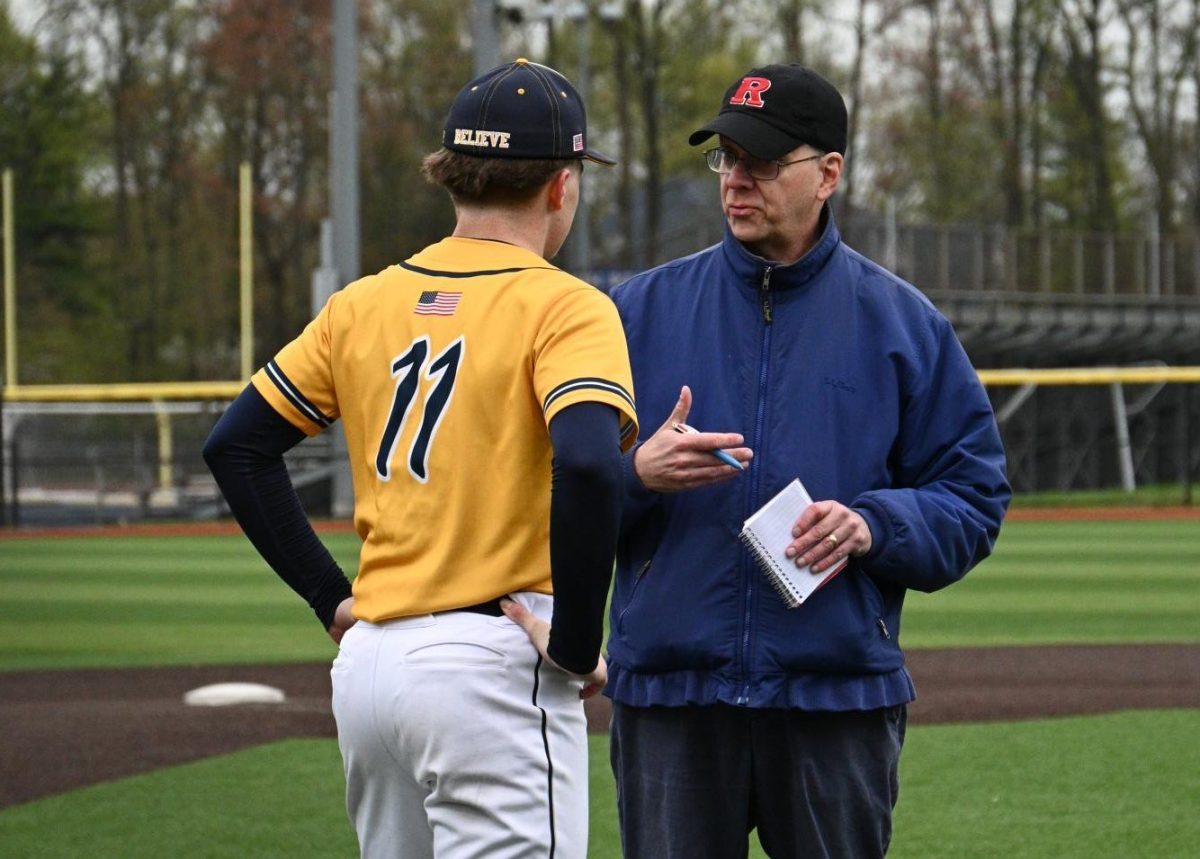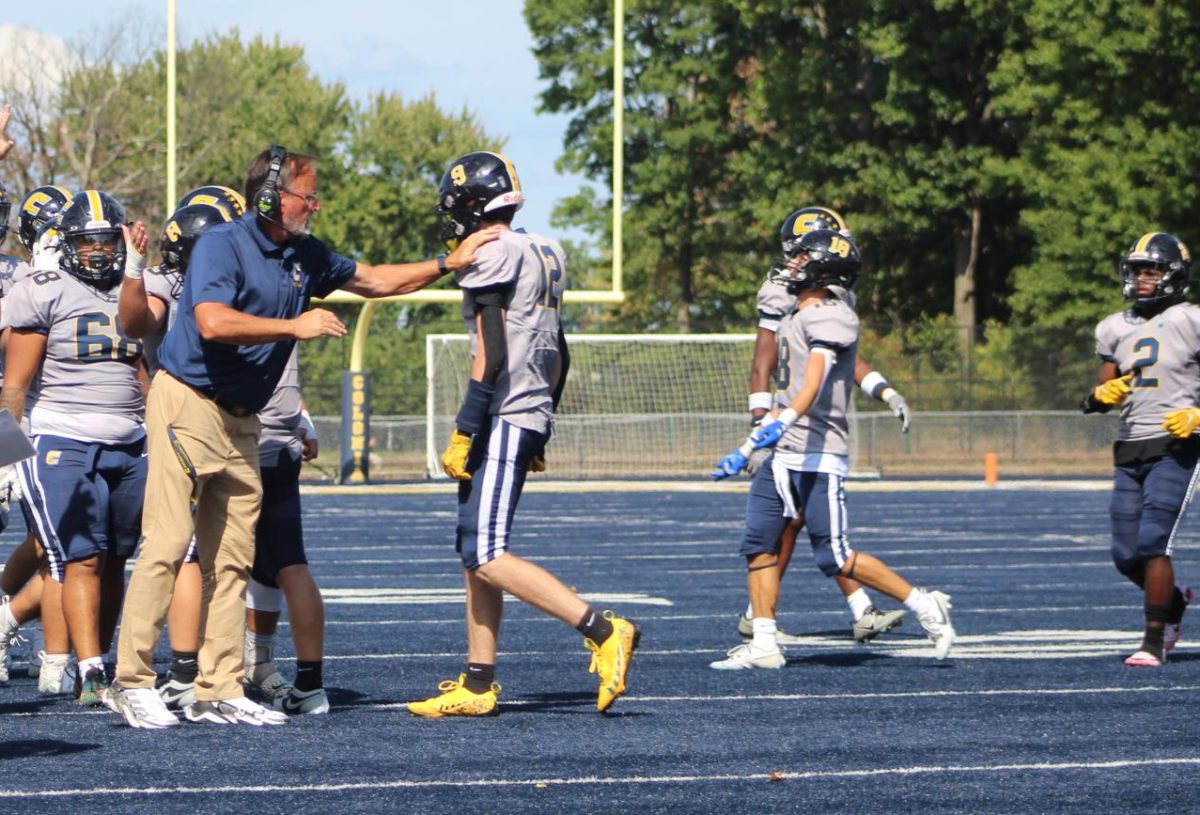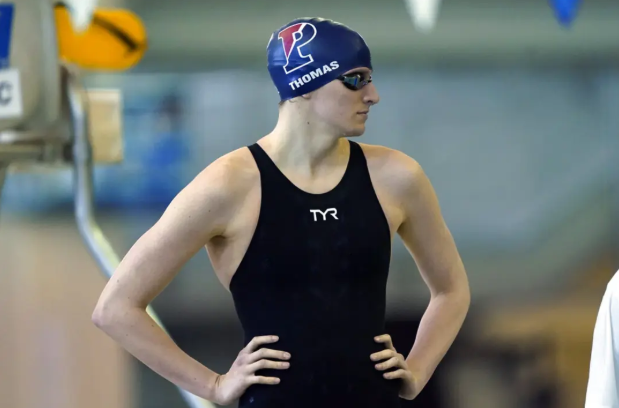alIn recent years, youth sports scholarships have come out as a powerful tool for young athletes to continue to play the sports they love. But with the rise of competition in these sports, we need to understand what it takes to get there.
The Growth of Youth Sport Scholarships
Many factors go into a sports scholarship. You have to be willing to work hard every day and do the work that no one else wants to do. Many athletes want to play college sports and feel they have the skills to take the next step. With the increase of money colleges get for sports and the potential NIL deals, there has been an increase in athletes playing at the next level.
Limits in Scholarships
Many parents and athletes feel that being good at the sport you play is an easy path to get a full-ride scholarship, but this isn’t the case. Several factors go into the recruitment process for coaches. This results in limited full-ride scholarships that colleges can give out, and they are more used for bigger sports, such as football and basketball. Even in these sports, full rides are rare. Scholarships are also limited because they must be equally distributed between men’s and women’s sports. This limits the amount available for one athlete in any sport.
Interview with Cory Pascarella
Cory Pascarella, a Monmouth University baseball commit, shared his thoughts about how to get to his spot. Pascarella has worked hard from a young age and continues to get better and better. He didn’t start reaching out to coaches until his sophomore summer going into junior year. Pascarella was asked his opinion on whether or not he feels like he comes from a smaller or larger program. In our interview Pascarella stated, “I play at a smaller program. I feel as though this does effect because you in the long run, especially because you have to make a name for yourself and there aren’t as many people watching.” He also feels as though his travel coaches at Baseball Warehouse were also able him connect with different colleges.
Not only does he work hard on the field, but he works hard in school to maintain a 3.3 GPA. “A lot of schools give more money academically than for sports, so its important to work hard in the classroom as well,” he stated in the interview when asked about having strong academics
Interview with Brady Hammond
Brady Hammond is a sophomore at Colonia High School, who believes he has the skills to play college football. Hammond has been playing football since 2nd grade and has improved incredibly. Hammond was asked what he uses to get himself out there and stand out to college coaches “I use many different apps, such as NCAA recruits, to try to get some college coaches to notice.” “I also go to college camps, I have been mentioned in a report from a PSR camp in New Jersey.” He also puts in work in the weight room. Hammond wakes up every morning at about 5:10 to get into the weight room before school and get a lift in. “Not only does it help you learn how to be mentally tough by waking up so early, but it also makes you stronger and faster and keeps you healthy for the season,” Hammond explained what weight room has done for him.
Working in the Classroom
Although you have to have the skills to play, most coaches also look at your academics. Grades can play a big part in scholarships you can get and the amount of money you receive. Athletic Scholarships not only depend upon your skill. Only 2% of high school athletes are offered scholarships. Many scholarships are also more academic based when you get an offer.
Ways to Stand Out
Given the hard work and dedication it takes to get a sports scholarship, there are also many ways to increase the chance of getting one. Starting early when it comes to talking to colleges is a good way. You want to be on a college coach’s radar as you grow and get better. This would mean reaching out at a young age and getting a head start. Maintaining good grades in school is a great way of upping your chances. You should also have realistic expectations when reaching out to coaches. Playing college sports at any level (Division I, II, III, Juco) is an accomplishment.









